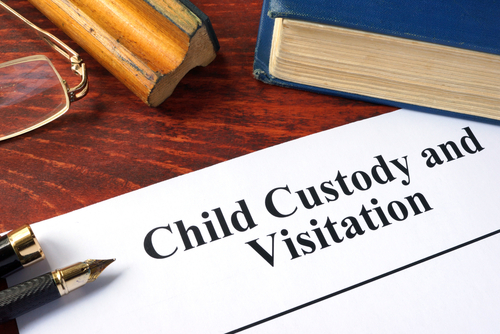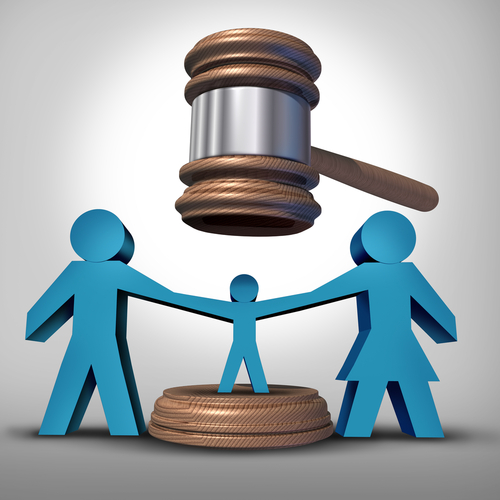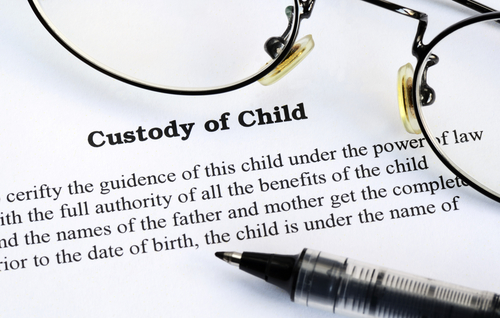Child Support and Child Custody Investigations
If you’re in need of an investigation to support your child custody and/or child support case, Capital Investigations will provide you with professional services. A custody investigation entails observing the way a child is treated by parents and determining his/her overall well-being while living at home. The investigation is usually part of a custody case, marital separation or divorce.
The investigator evaluates the way the child is treated by both parents and the conclusion is submitted to the court and used to determine which parent receives custody. The evaluation provides the court with unbiased information that will increase the chances that the child will end up in a safe and healthy environment.
How the Investigation Works
Depending on the case, the investigator will use surveillance to gain evidence concerning the treatment of the child in the home. Our investigative team will also legally document any neglect or abuse witnessed after evaluating videos, audio recordings, and photos. Investigators will also talk with potential witnesses in the child custody case, such as relatives and family friends. Professional investigators also run background checks on both parents during the proceedings. Parents are evaluated for problems like present or past drug or alcohol abuse, criminal activity, gambling or reckless driving, as well as any other factors that would affect the child’s safety.
There are also instances in which investigators will perform their evaluations without the child’s knowledge to reduce the stress he or she may be feeling as a result of the divorce. If there are any problematic issues observed by the investigator, he/she will turn in a report to the courts and might later be called on to testify.
Types of Child Custody
After a member of our investigative team reports their findings, the courts will determine which parent will receive custody of the child. There are several options available:
-Legal custody: The parent with legal custody has the authority to make decisions regarding the children.
-Sole custody: One parent has both legal and physical custody of the child. The other parent can visit the child but does not have the legal power to make decisions on behalf of him or her.
-Physical custody: The parent who has physical custody is the parent with whom the child lives with.
-Joint legal custody: Both parents can make decisions regarding the child. The courts will settle any major disagreements.
-Joint physical custody: The child divides his/her time between both parents’ homes.



